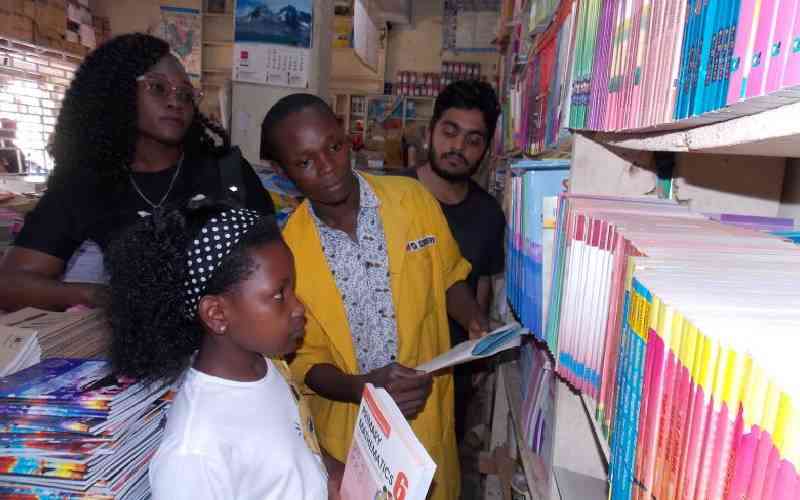×
The Standard e-Paper
Join Thousands Daily

Kenya Institute of Curriculum Development (KICD) has directed publishers to withdraw all unauthorised learning materials from the market.
KICD Chief Executive Charles Ong'ondo said the government will mount a crackdown to mop up all books not fit for learners.